During World War 2, Portugal maintained neutrality amid the chaos.
Portugal’s strategic decision to embrace neutrality stands as a fascinating chapter shaped by historical alliances and the astute leadership of Prime Minister Antonio de Oliveira Salazar.
This blog post delves into the historical foundations that laid the groundwork for Portugal’s neutrality.
- 1. Historical Foundations: The Enduring Treaty of Windsor
- 2. Portugal's Fears of Axis Retaliation
- 3. Why Did Germany Not Invade Portugal?
- 4. Portugal’s Economic Pragmatism
- 5. Portugal’s Role in the Battle of the Atlantic
- 6. The Iberian Pact with Spain: A Regional Balancing Act
- 7. Refugees and Lisbon as a Haven: A Sanctuary Amidst Turmoil
- 8. Diplomatic Activity in Lisbon during World War 2
- 9. Portugal’s’ World War 2 Legacy
- Further Reading
1. Historical Foundations: The Enduring Treaty of Windsor
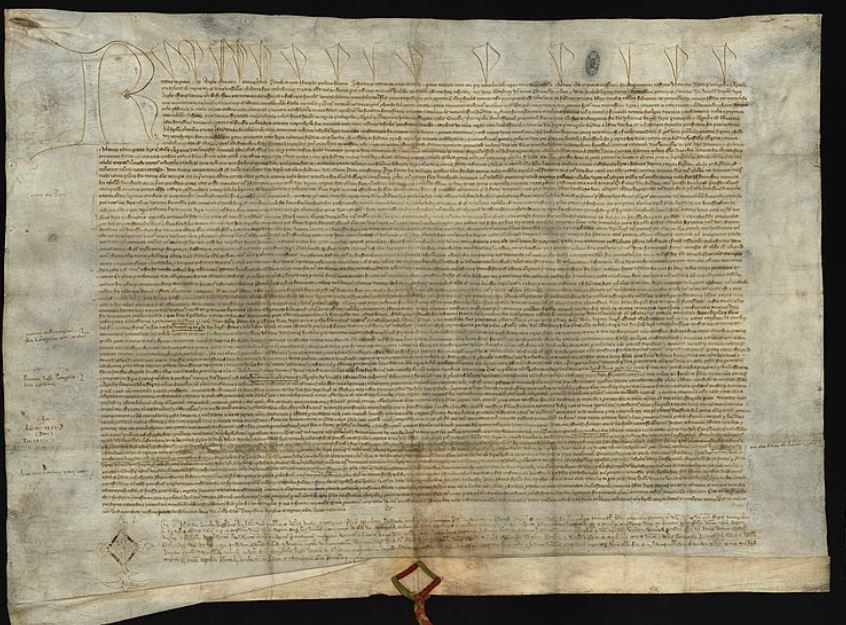
To comprehend Portugal’s wartime stance, we must head back to 1386 when the Treaty of Windsor was first agreed. This pact bound Portugal and Britain as allies over several centuries.
The longevity of this alliance laid a robust foundation for Portugal’s geopolitical posture during the turbulence of World War 2.
Antonio de Oliveira Salazar, the leader of Portugal during World War 2, understood the weight of this historical alliance. Before Portugal officially declared neutrality, Salazar reached out to Britain. This diplomatic prelude was not a mere formality but a calculated move.
So, when he declared Neutrality in 1939, the Anglo-Portuguese Treaty formed the basis for Portugal’s stance, as it had a longstanding alliance with the United Kingdom.
2. Portugal’s Fears of Axis Retaliation
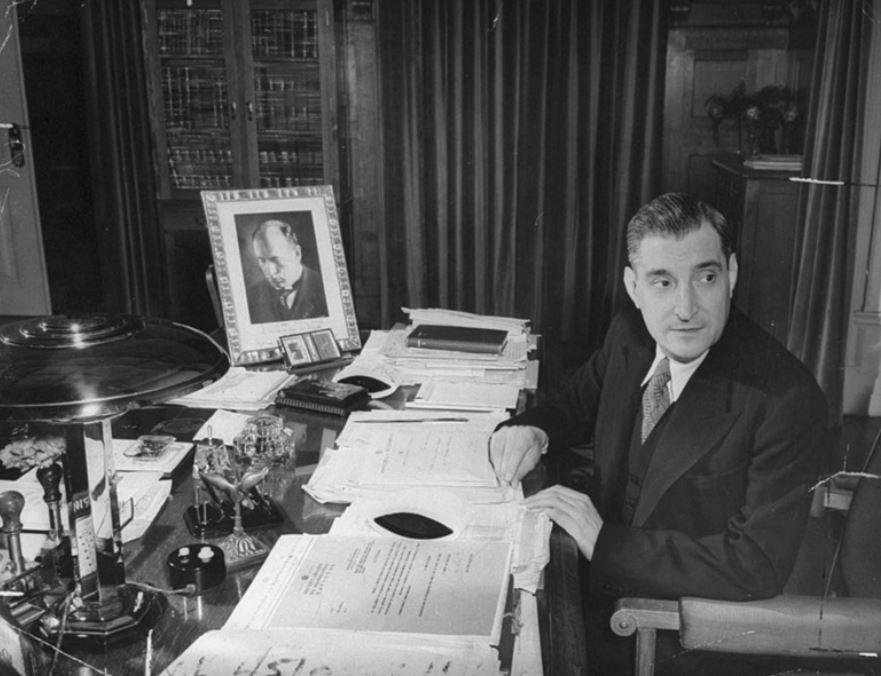
One of the factors that shaped Portugal’s strategic decision-making was the fear of Axis retaliation.
Despite being positioned on the periphery of the conflict, Portugal found itself in a precarious situation.
The nation’s leadership feared the potential repercussions of aligning with either side, opted for the path of neutrality. This wasn’t a mere abstention from conflict; it was a strategic choice borne out of the recognition that entanglement with the Axis could bring the storm of war to Portuguese shores.
Salazar also had concerns about Spain aligning with Germany. The fear of a Spanish alignment with Germany wasn’t merely speculative; it was a tangible threat that could reshape the regional landscape.
While Salazar did not officially align Portugal with the Axis powers, he took certain measures to navigate the delicate international situation and appease the Axis, particularly Germany, namely through Economic Cooperation. Salazar recognized the economic importance of maintaining trade relations and supplying goods, especially essential resources like tungsten (wolfram), to Germany.
3. Why Did Germany Not Invade Portugal?
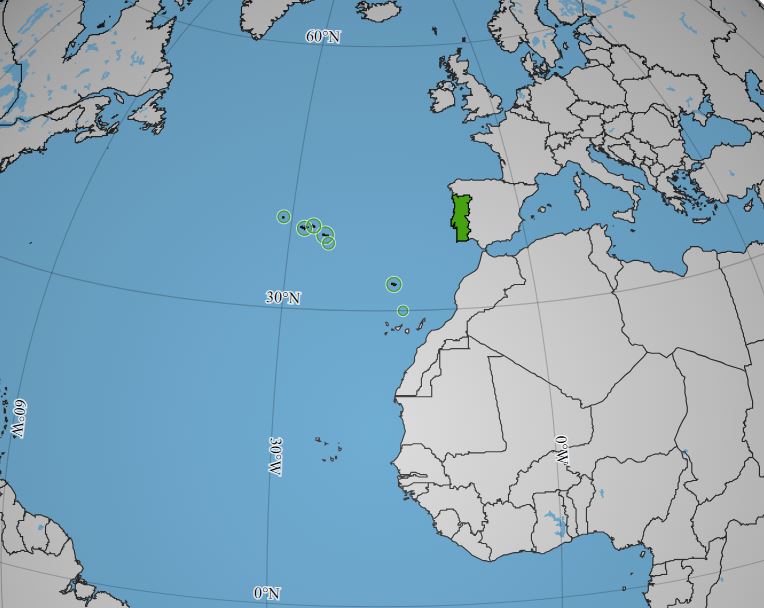
While Portugal navigated a path of neutrality, one intriguing question persists: Why did Germany not invade Portugal?
Germany’s decision not to invade Portugal during World War II can be attributed to a combination of strategic, political, and economic factors.
Strategic Considerations:
- Geographic Isolation: Portugal’s geographic location on the Iberian Peninsula, surrounded by Spain and the Atlantic Ocean, made it relatively isolated from the main theaters of war in Europe. Invading Portugal would have required Germany to divert significant resources and manpower, which could have been better utilized on other fronts.
- Lack of Strategic Value: Portugal did not hold any significant strategic value for Germany. It did not have major industrial centers, natural resources, or military installations that would have been worth the effort of an invasion.
Political Considerations:
- Non-Aggression Pact with Spain: Germany had a non-aggression pact with Spain, which bordered Portugal. Invading Portugal would have violated this pact and risked bringing Spain into the war on the side of the Allies.
- Neutrality of Portugal: Portugal maintained a neutral stance throughout most of World War II. Germany respected this neutrality, as violating it could have led to international condemnation and further isolation.
Economic Considerations:
- Economic Dependence on Portugal: Germany relied on Portugal for the import of essential goods, such as tungsten, which was crucial for the production of weapons and armor. Invading Portugal would have disrupted this trade and deprived Germany of a vital resource.
Diplomatic Maneuvers:
- British Presence in Portugal: The United Kingdom had a strong presence in Portugal, with naval and air bases in the Azores. Invading Portugal would have risked a direct confrontation with the British, which Germany wanted to avoid.
4. Portugal’s Economic Pragmatism
Controversy of Exporting Wolfram to Germany: The Currency of Neutrality

During World War 2, Portugal found itself entangled in a controversial trade dynamic—exporting Wolfram, a critical resource for war munitions, to Germany.
The controversy surrounding the export of Wolfram to Germany was not a simple matter of economic transactions; it was a strategic choice informed by Portugal’s commitment to maintaining a delicate neutrality balance.
As other nations grappled with the moral implications of trading with the Axis, Portugal, under Salazar’s guidance, recognized the Wolfram trade as the currency of neutrality.
The road to economic pragmatism was, however, not without its twists.
Initially resistant to Allied pressure to embargo Wolfram sales, Portugal later imposed a total embargo before D-Day. This diplomatic about-face was demonstrated Salazar’s adaptability and the fluid nature of Portugal’s wartime economic strategy.
The imposition of embargoes was not a surrender to external pressures but a strategic recalibration in response to the shifting tides of war.
Portugal’s Issuing of Credit Terms
Diplomacy became a key instrument in Portugal’s economic playbook during World War 2.
Salazar used pragmatic diplomacy to orchestrate a series of maneuvers that defined Portugal’s economic resilience.
One notable diplomatic move was allowing Britain to pay on credit while Germany faced upfront payments.
This seemingly subtle difference in payment terms carried significant diplomatic weight. It was a nuanced move that not only maintained economic ties with both sides but also showcased Portugal’s commitment to navigating the tightrope of neutrality.
Portugal’s neutrality wasn’t a passive stance; it was an active, calculated position that leveraged economic opportunities while navigating the moral and strategic complexities of global conflict.
5. Portugal’s Role in the Battle of the Atlantic
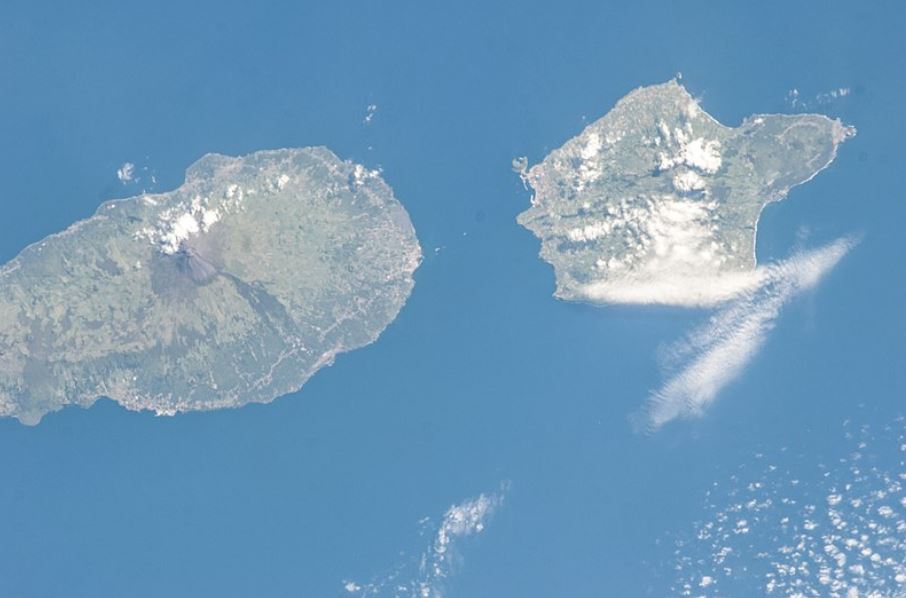
Portugal made a strategic move that reverberated through the Battle of the Atlantic—the leasing of air bases in the Azores.
The Azores, a group of strategically positioned islands in the Atlantic, became a geopolitical chessboard where major powers sought control. Recognizing the value of these islands in the Battle of the Atlantic, both Britain and the United States approached Portugal for access to air bases.
Salazar, navigating the complexities of neutrality, made a calculated decision to lease these bases to the Allies.
The decision to lease air bases in the Azores was not a mere gesture; it was a pivotal contribution to the Allied efforts in the Battle of the Atlantic.
The Azores provided a crucial midpoint for air patrols and naval operations, helping to counter the German U-boat threat that menaced the vital sea routes. Portugal’s strategic alliance with the Allies in leasing these bases played a substantial role in turning the tide in this critical theater of war.
6. The Iberian Pact with Spain: A Regional Balancing Act
Portugal engaged in a delicate dance to safeguard the Iberian realm through the Iberian Pact with Spain.
The Iberian Pact, signed in 1940 between Portugal and Spain, was a crucial diplomatic maneuver. This regional balancing act underscored the commitment of both nations to remain neutral.
The Iberian Pact, also known as the Portuguese–Spanish Treaty of Friendship and Non-Aggression, signed in 1939, marked a significant development in Iberian relations, preventing the Iberian Peninsula from becoming part of Hitler’s continental system during World War II.
It was conceived during the final months of the Spanish Civil War, with Portugal supporting the Nationalist government and providing diplomatic and military assistance.
Portuguese Prime Minister António de Oliveira Salazar sought to strengthen Portugal’s position and address concerns about Spanish ambitions and potential attacks.
The parts of the pact included:
- Mutual respect for borders and territories, no acts of aggression.
- Non-assistance to aggressors against each other.
- No pacts or alliances with powers threatening each other.
- If a party enters an alliance with another power, the treaty remains in force.
The pact played a crucial role in keeping Spain and Portugal neutral during World War 2, resisting pressure from Germany and Italy to join the Axis powers.
7. Refugees and Lisbon as a Haven: A Sanctuary Amidst Turmoil
Portugal’s neutrality manifested not only in strategic decisions but also in its role as a refuge.
Portugal’s neutrality facilitated the arrival of an estimated one million refugees, seeking solace and safety in the welcoming arms of Lisbon.
As other European cities grappled with the ravages of war, the Portuguese capital emerged as a beacon of hope, providing shelter for those displaced by the chaos.
Salazar’s decision to remain neutral wasn’t solely rooted in political pragmatism; it had a profound humanitarian impact, offering a lifeline to those fleeing the horrors of persecution and war.
8. Diplomatic Activity in Lisbon during World War 2
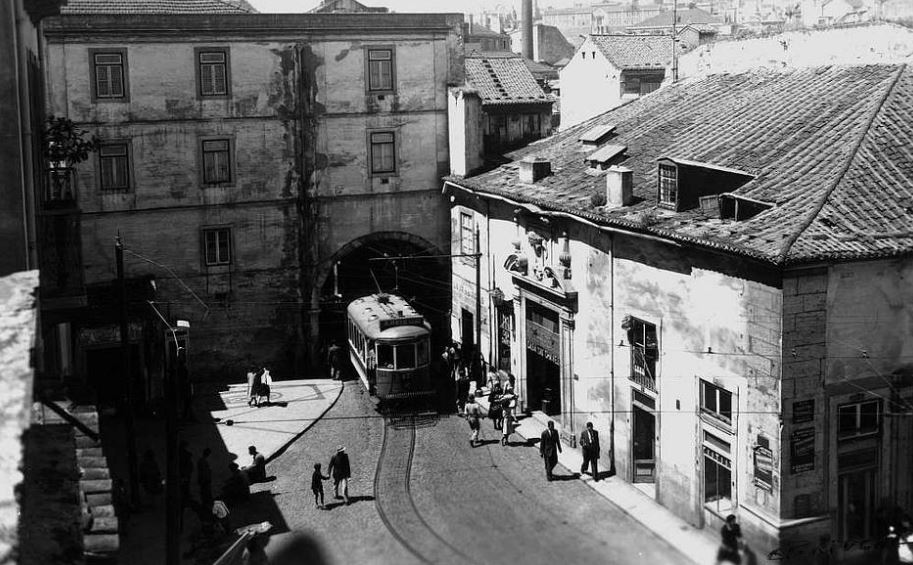
Lisbon emerged as a unique and crucial center for diplomatic activities, fostering a dynamic environment where representatives of both Allied and Axis powers converged.
The neutral ground of the Portuguese capital played a pivotal role in shaping the course of wartime diplomacy. Here’s a more detailed exploration of the diplomatic dynamics:
Lisbon became a hub for negotiations. Delegates from both Allied and Axis powers found common ground in Lisbon, engaging in negotiations aimed at addressing specific aspects of the war.
The city’s neutral status facilitated open dialogue, enabling representatives to discuss matters without the constraints of front-line hostilities.
Diplomats utilized Lisbon as a platform for delicate maneuvers, often engaging in behind-the-scenes negotiations that shaped the geopolitical landscape.
Espionage and Spycraft
Lisbon became a melting pot of espionage, with spies from various nations operating discreetly to gather intelligence on enemy activities.
The city’s cosmopolitan nature provided cover for clandestine operations, making it an ideal ground for intelligence gathering.
Political Figures in Exile
Lisbon also served as a refuge for political figures and intellectuals who were in exile, fostering an intellectual exchange that transcended national boundaries.
Exiled politicians engaged in discussions that ranged from post-war reconstructions to ideological debates, influencing the post-war political landscape.
9. Portugal’s’ World War 2 Legacy
While the humanitarian dimension of Portugal’s wartime legacy is profound, the nation’s economic resilience also stands as a testament to its strategic decisions.
Despite the challenges and controversies, Portugal not only survived the war but emerged economically stronger. This segment delves into the economic opportunities that flourished amidst the chaos, showcasing Salazar’s vision for Portugal’s stability and prosperity.
The controversial trade dynamics, the strategic decisions regarding Wolfram exports, and the diplomatic maneuvering were not just reactive measures; they were elements of a calculated strategy that contributed to Portugal’s economic resilience.
Portugal weathered the storm of war and emerged with a strengthened economic foundation.







